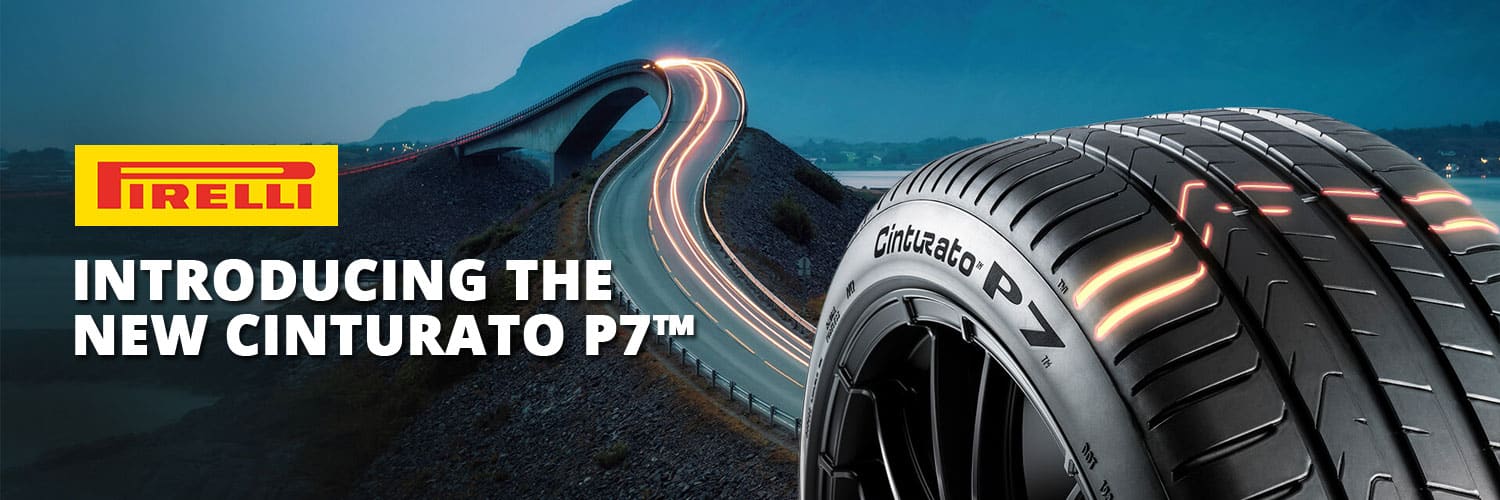The round rubber parts on your car called tyres are super important for safe driving. You must keep your tyres in great condition at all times. Tyres that are extremely worn down or damaged can be very dangerous and increase your chances of having a serious car accident.

This article will explain why properly maintaining your tyres is so crucial for safety. We’ll show you how to check your tyres and look for any issues or damage that needs to be fixed. We’ll also explain the signs that mean it’s time to get new tyres heald green.
Tyre Maintenance
Tyres with enough tread give you a much better grip and control on wet or icy roads. They let you slow down and stop the car effectively, and steer it precisely. Tyres that are completely worn out or very bald can cause the car to skid, take longer to brake, and be extremely hard to control, especially in bad weather like rain, snow, or ice. So, look out for tyres that are easy to maintain.
Tyres also support the entire weight of the vehicle, so they must have the right air pressure recommended by the manufacturer. Tyres with not enough air pressure wear out too fast, negatively affect how the car handles, and use more gas. Tyres that are over-inflated are more likely to get damaged and don’t grip the road as well.
Check Your Tyres Regularly
It’s a good idea to visually inspect your tyres regularly and before any long trips. Look closely for any cuts, cracks, bulges, or objects stuck in the tread. These issues could potentially cause a dangerous Tyre blowout.
You should also use a tread depth tool to measure how much tread is left. The minimum legal tread depth allowed in the UK is 1.6 millimeters across the center three-quarters of the Tyre. But any depth less than 3 millimeters is unsafe and means you need to replace the Tyre.
Don’t forget to check the spare Tyre too, if your car has one. Make sure it’s inflated to the right pressure.
When to Replace Tyres?
Even if you take really good care of your tyres, they will get old and worn down over time. Eventually, you will need to replace them with new ones. Look for these signs that it’s time for new tyres:
Tread Worn Down – The grooves in the tread get shallower the more you drive on the tyres. If the tread depth gets below the 1.6mm minimum legal limit in the UK, you must replace the tyres right away for safety reasons. The tread won’t grip the road properly.
Tyre Age – As tyres get older, the rubber compound starts breaking down and drying out inside, even if the tread still looks deep. If your tyres are over 5 or 6 years old, it’s time to replace them. Check the sidewall to see the date when they were manufactured.
Damage to Tyres – Any major cuts, cracks or bulges in the tyre mean it is damaged and unsafe. You’ll need to replace that tyre immediately as the damage weakens its structure and compromises safety.
Shaking or Noises – If your tyres cause a lot of vibration or loud noises while driving, it usually signals an issue inside the tyre, like separation or uneven wear. Replacement is required as this indicates internal damage.
So even with rotating them regularly and checking pressures, all tyres eventually get too old and worn to be safe or perform properly. Watch for these warning signs so you can replace aged or damaged tyres before driving becomes hazardous.
Choosing the Right New Tyres
When it’s time for new tyres, it’s very important to pick the proper ones for your specific car and how you drive. Think about these things:
Manufacturer Guidelines – Read your car’s owner manual or ask an expert to make sure you get new tyres that are the correct size, can handle the weight of your car, and are rated for the speeds you drive. Not following the manufacturer’s recommended tyre size and ratings can be unsafe.
Your Local Weather – If you live where it rains or snows frequently, you should invest in tyres specially designed for wet or winter conditions. These have tread patterns that grip the road better when it’s slippery.
Your Driving Style – If you often drive very fast or aggressively, or you regularly carry/tow heavy loads, choose tyres with a higher load rating built for performance driving. These can better handle the extra demands placed on them.
Gas Mileage Savings – Certain tyre models are made to improve your car’s fuel efficiency by having lower rolling resistance. This reduces the effort (and gas) required to make the tyres roll. The upfront cost is higher but you can save on gas over time.
While cheaper, budget tyres may save money at first, putting out more money for higher quality tyres from trusted brand names is worth it. Quality tyres keep you safer, perform better, and last longer before needing replacement.
If you follow this advice for selecting and maintaining proper Cheap tyres Stockport for your situation, your car will handle better, be safer, and provide a smoother more enjoyable driving experience for many years down the road.